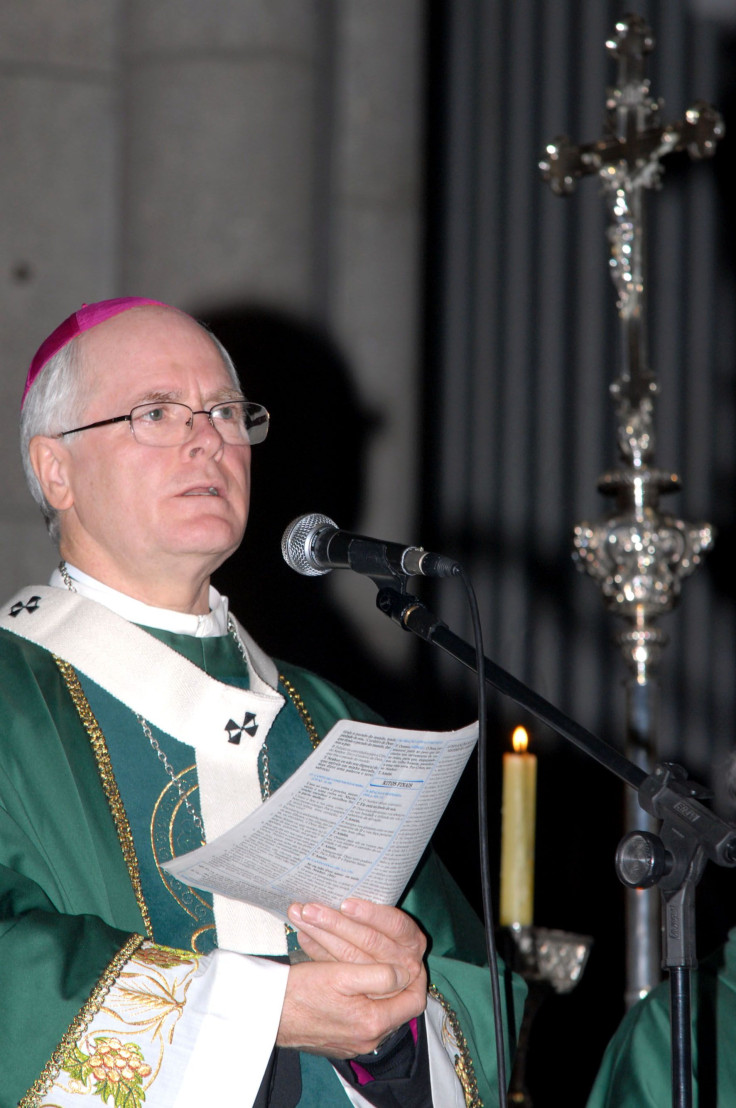
Pope Benedict XVI announced that he will resign on Feb. 28 because the 85-year-old German-born pontiff lacks the physical strength to continue with the difficult job running all of Catholicism. In a speech in Latin to cardinals Pope Benedict said that leading the world's 1.2 billion Catholics was a job that required strength of both mind and body. But the pope said he lacked the vigor to continue with the job.
"After having repeatedly examined my conscience before God, I have come to the certainty that my strengths, due to an advanced age, are no longer suited to an adequate exercise of the Petrine Ministry," he said.
The resignation, which the Vatican said would take place as of 8 p.m. on Feb. 28, will give way to a conclave, a gathering of cardinals who will elect the new pope. Greg Burke, the Vatican's media advisor said that "this means we'll have a new pope by Easter." The holiday falls on March 31 this year.
The pope called his choice to leave "a decision of great importance for the life of the church." Church historian Matthew Bunson told USA Today it was announced that the pope will retire to Castel Gandolfo, the papal summer retreat south of Rome, then to a small monastery where some contemplative nuns live on the Vatican grounds.
When Pope Benedict resigns at the end of February, church officials will be tasked with finding a suitable replacement. Some are speculating that now is the time for the church to embrace Latin America and give the world its first Hispanic pope.
Archbishop Odilo Pedro Scherer is seen as the front-runner of all the Latin American papal contenders. As the Archbishop of São Paulo, he runs the largest diocese in the largest Catholic country in Latin America. A conservative by Brazilian standards, his views are seen as moderate in the larger view of the Catholic church. At 63 years old he would likely serve the Vatican for decades if elected.
© 2025 Latin Times. All rights reserved. Do not reproduce without permission.




